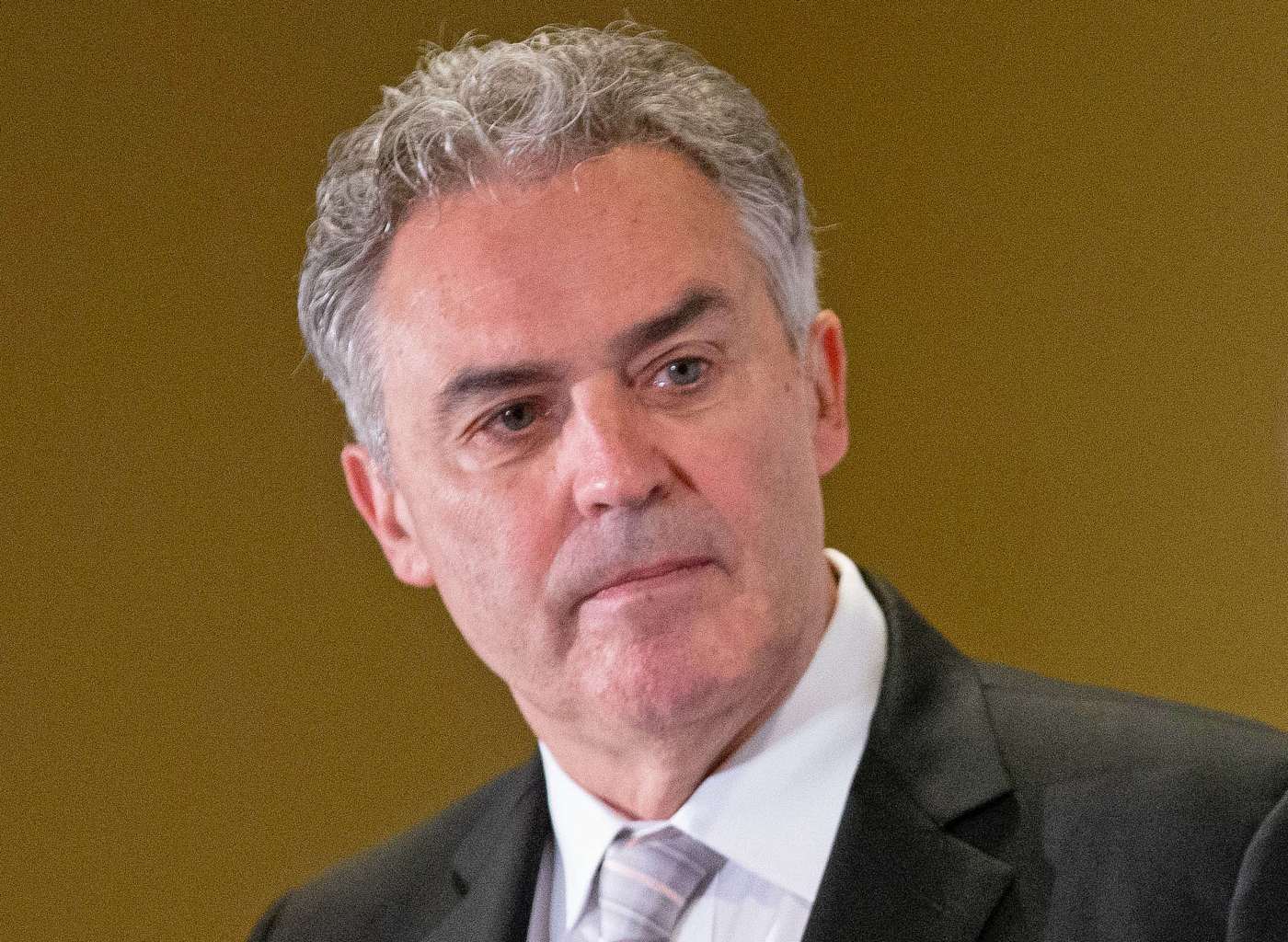
Mass. business leaders want Beacon Hill lawmakers to ‘exercise control’ with spending
Business leaders from across Massachusetts warned Tuesday that state spending far outpaced inflation over the past five fiscal years, and cautioned lawmakers to “exercise control” as the fiscal 2025 budget process kicks off next month.
Red flags from chamber of commerce leaders up and down the coast and out west come after top lawmakers painted a grim fiscal picture last week for Massachusetts, airing concerns that four consecutive months of below benchmark revenue collections this fiscal year could bode poorly for the state.
State spending between fiscal year 2018 and 2022 grew by nearly 27% even as inflation in the Boston area only increased by about 15%, the chamber leaders said in a statement. Even when accounting for the “rapid pace” of increases in health care spending, spending “still substantially outpaced inflation,” they said.
“This approach is not sustainable and not responsible,” leaders from Greater Boston, Worcester, Western Massachusetts, the North and South Shores, Cape Cod, and the Newton-Needham area said in a joint statement.
House and Senate budget writers plan to start the fiscal year 2025 budget process early next month with a consensus revenue hearing, where lawmakers agree on tax revenue projections to use when building out a state budget.
That number will allow budget writers to “responsibly address the many post-pandemic challenges and uncertainties we face as a commonwealth moving forward,” said Senate budget writer Sen. Michael Rodrigues.
But Rodrigues also previously warned of fiscal “storm clouds on the horizon.”
The first two months of fiscal year 2024, July and August, saw revenue collections collectively $20 million below benchmark. The below-average haul “really didn’t raise any concerns in a $56 billion budget,” Rodrigues said during a Senate session last week.
September, when quarterly payments are due, saw collections about $170 million below benchmark, according to the Department of Revenue. That “did begin to raise eyebrows,” Rodrigues said. October reports showed collections down by about $180 million.
State tax revenues for fiscal year 2023 came in about $605 million below projections and roughly $2 billion less than Massachusetts collected the previous year, Healey administration officials said in August.
Massachusetts Taxpayers Foundation President Doug Howgate said as revenue numbers stir concern on Beacon Hill, policy makers “need to make sure that we have a sustainable spending plan.”
“That means monitoring year over year spending growth and keeping it within a sustainable range. And in recent years, the rate of spending has kicked up to a degree that it’s hard to envision that that’s sustainable going forward,” he told the Herald.
Chamber leaders, like Greater Boston Chamber of Commerce CEO James Rooney, said state spending grew over the past five fiscal years in part because of economic growth and high tax revenues, which grew “at breakneck speed” and far outpaced inflation.
The “large gap,” the business leaders said, between spending and inflation suggests that state spending is not limited to increased costs for employee salaries or goods and services. The annual budget increases were a combination of “significant state tax revenue growth and the largest federal funds transfer to states in history,” the leaders said.
“Both situations are exceptional and cannot continue indefinitely,” chamber of commerce leaders said. “Looking to the future, the commonwealth must embrace the reality that recent fiscal years represent historical aberrations, and must reevaluate its spending limitations when building budgets, adopting legislation, and identifying fiscal priorities.”


